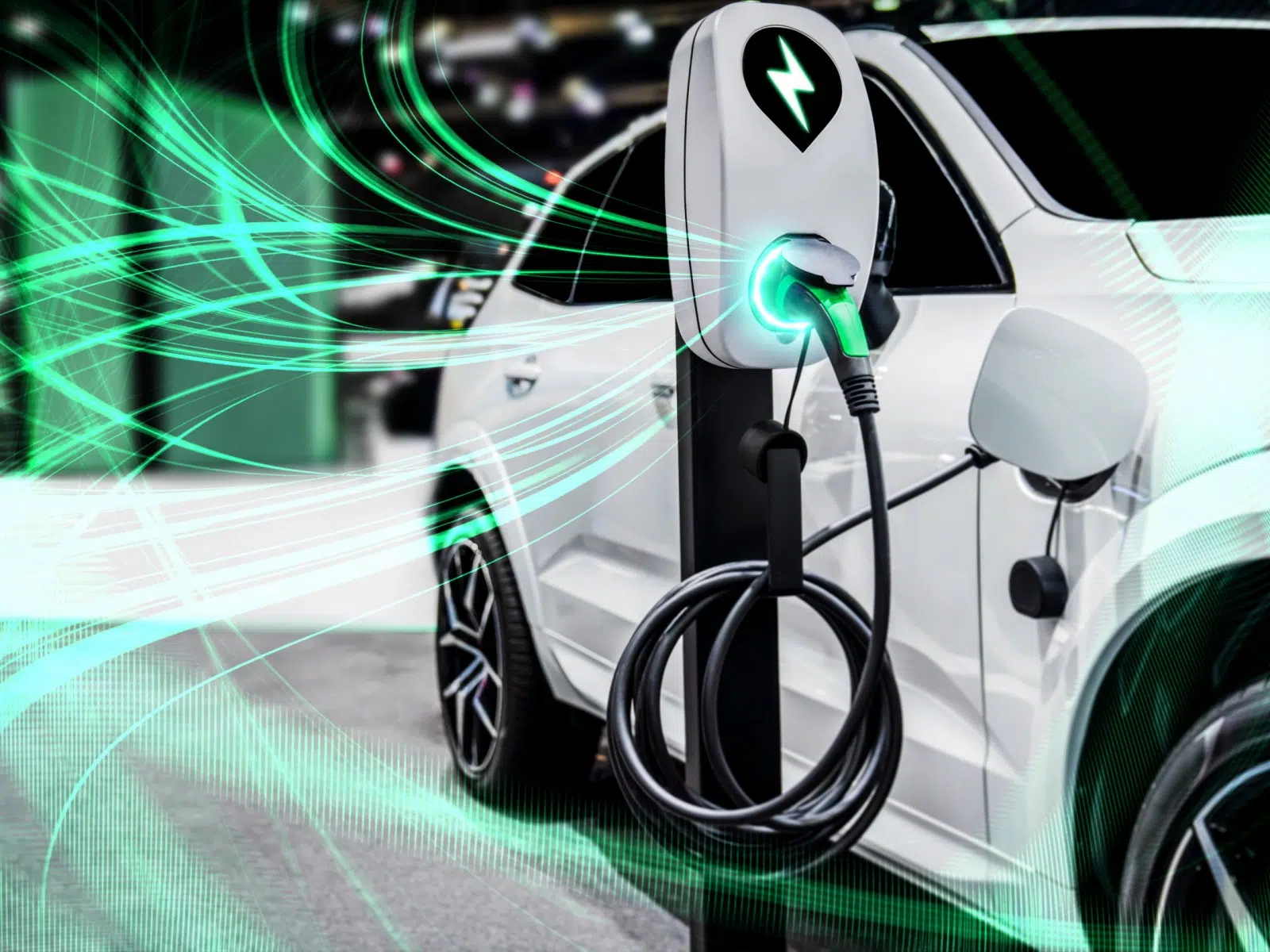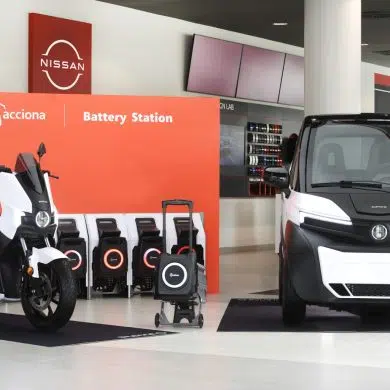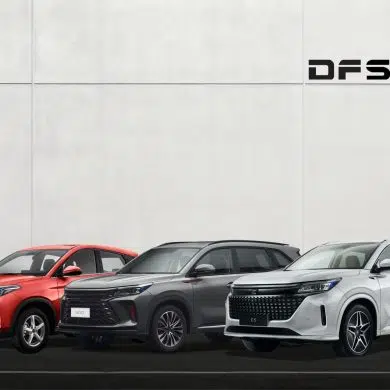Despite the legislative efforts of the EU to reduce CO2 emissions from vehicles, there is a notable lack of initiatives at both community and national level to accelerate the market penetration of electric cars. The latest figures of the ACEA's report on electric vehicles (ECVs) confirms that their affordability is still a major barrier for European consumers, as many are forced to opt out of the electric car market.
Electric cars account for only 9% or less of the market share in more than half of the EU Member States. These countries are mainly concentrated in Central and Eastern as well as Southern Europe, where the average net income is €13,000. In contrast, the highest shares (30% and above) are found in just five countries in Northern and Western Europe, where net income exceeds EUR 32,000.
These latest figures are an apt reminder that the lack of incentives for consumers to buy cleaner and greener vehicles is holding back the huge potential of the European electric car market. The lack of favourable conditions, including access to charging infrastructure, also exacerbates the differences in market shares between Member States and EU regions.
The European automotive industry has invested heavily in electric vehicle technology. Electrification is the most effective way to minimise the carbon footprint of road transport, reduce emissions and improve air quality, but affordability issues are putting the brakes on this much-needed transition.
Decision-makers must now act accordingly, creating holistic enabling conditions. Speeding up the installation of electric vehicle charging points across the continent, especially in countries where infrastructure is particularly lacking, is just one of these measures. In addition, market incentives, which help alleviate the affordability challenges faced by European consumers, can further stimulate Europe's transition to a net-zero future.








